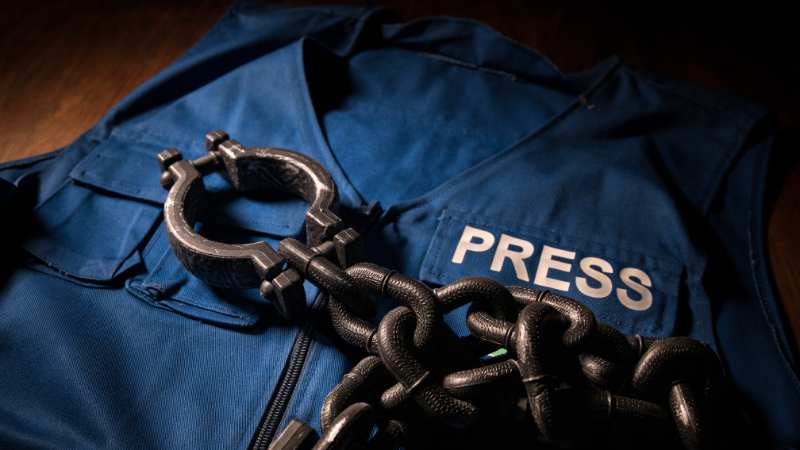(SQAUK) — A journalist in Nashville is currently at risk of facing jail time for leaking the manifesto of a transgender school shooter. This case has sparked widespread attention and controversy and highlights a disturbing trend: the increasing suppression of journalists’ constitutional rights.
The journalist Phil Williams published the manifesto of Audrey Hale, the person responsible for a tragic school shooting. The manifesto provided insights into Hale’s motives and mindset, which was necessary for public understanding of the incident. However, authorities have accused Williams of unlawfully obtaining and sharing sensitive information.
The charges against Williams have ignited a passionate debate about balancing national security and the public’s right to know. Critics argue that prosecuting Williams clearly violates the First Amendment, which guarantees freedom of the press. They say such actions establish a problematic precedent in which journalists are punished for fulfilling their duty to inform the public.
Supporters of Williams argue that publishing the manifesto is in the public interest, as it sheds light on the factors contributing to the heinous act and could help prevent future tragedies. They caution that punishing journalists for revealing the truth undermines the essential role of the press and erodes the foundational principles of democracy.
“This is insane,” Foundation for Freedom Online Executive Director Mike Benz posted to the X Corp platform. “Thay are about to jail the brilliant journalist @michaelpleahy for his obtaining a copy of the transgender Covenant killer’s manifesto when the Feds were trying to block the public from seeing it.”
This is insane. They’re about to jail the brilliant journalist @michaelpleahy for his obtaining a copy of the transgender Covenant Killer’s manifesto when the Feds were trying to block the public from seeing it. https://t.co/ANn1tm4Tk5
— Mike Benz (@MikeBenzCyber) June 15, 2024
Legal experts have voiced concerns over the implications of this case. They argue that the government’s response represents an unprecedented attack on press freedom, a cornerstone of American democracy. “Journalists are the watchdogs of society, and targeting them for uncovering and sharing information of public interest is a direct threat to transparency and accountability,” said one constitutional law professor.
The broader context of this case is equally troubling. Across the country, there have been increasing instances of journalists facing legal repercussions for their investigative work. Critics argue that this trend reflects a systematic effort to intimidate and silence the press, ultimately stifling free speech and public discourse.
As the case develops, its impact on the landscape of press freedom in the United States is yet to be seen. Phil Williams’s prosecution serves as a clear reminder of the fragile state of journalistic rights and the continuous struggle to uphold the integrity of the First Amendment. The outcome will probably have extensive consequences, affecting how future press-related cases are dealt with and defining the limits of free speech.



